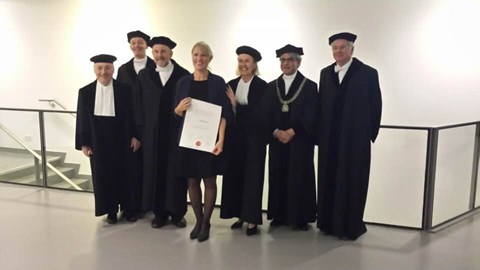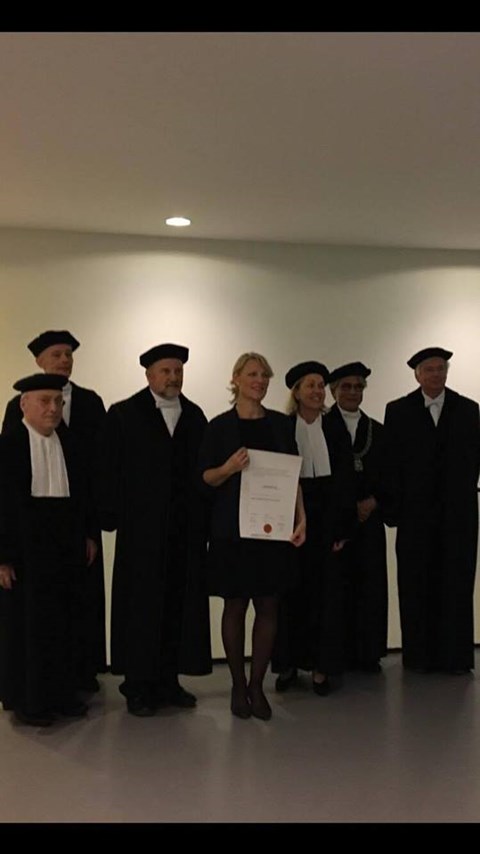Gro Emmertsen Lund
Dissertation Title:
Making Exclusionary Processes in Schools Visible
University of Twente
November 10, 2017
Processes in schools leading to exclusion are not commonly acknowledged and are invisible to most people, but have severe personal, societal and economic consequences. Gro Emmertsen Lund, a doctoral degree candidate of the University of Twente, showed in her study how exclusionary processes evolve as a result of dealing with interactive troubles, such as turmoil, conflict, and bullying, when school professionals make use of individual-, deficit- and problem-thinking. Lund: “The study presented here is a strong call for reconsidering how to respond to interactive troubles. We need to go beyond reproduction theory to understand and develop inclusionary ways of responding to interactive troubles. What I show is, that at-risk-positions are produced and reproduced as an effect of the way school professionals respond to interactive troubles.”
Lund’s findings suggest that problem-, individual- and deficit-based conversations create exclusionary processes from interactive troubles. The study establishes claims for relational-, resource- and resolution-thinking as practices that address the problems of interactive troubles instead of blaming individuals or families. The study of Lund explores the kinds of thinking and communication micro-processes that school professionals use with students and parents, and focuses on how certain kinds of interactions produce and reproduce deficit positions. Thus, it aims to go beyond traditional reproduction theory and make visible the micro-processes in interactions that marginalize, stigmatize and mute voices otherwise entitled to speak. Studying exclusionary processes from a communication perspective makes visible various driving forces. Discursive practices – such as positioning somebody as problematic – systematically shape and form the objects that they describe. Discursive practices imply not only the spoken language, but also other forms of communication and ways of engaging and participating. Through practices of responding to interactive troubles, school professionals offer and to some extent determine student identities such as “at-risk” and “problematic”.
Dr. Lund’s doctoral research was carried out as part of the research of the faculty of Behavioural, Management and Social Sciences (BMS), UT. The doctoral thesis entitled ‘Making Exclusionary Processes in Schools Visible’ is available on request. Her thesis supervisors were Prof. dr. C. P. M. Wilderom, University of Twente and Prof. dr. J. Winslade, California State University of San Bernardino, USA


